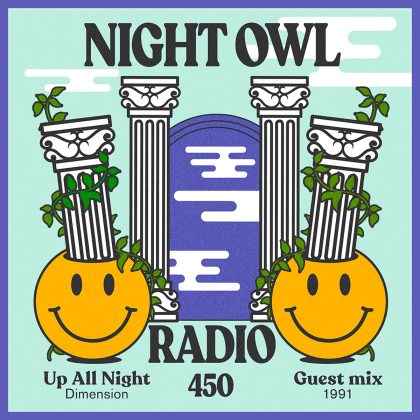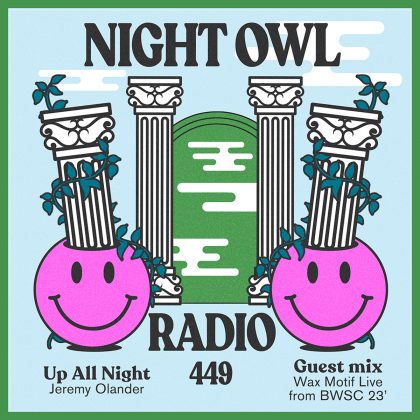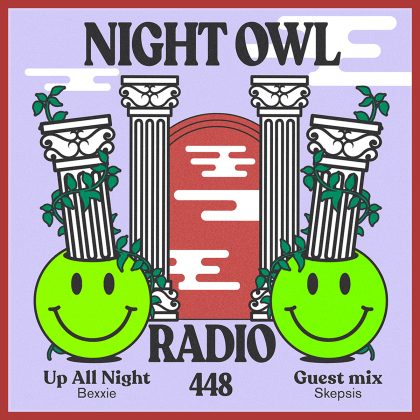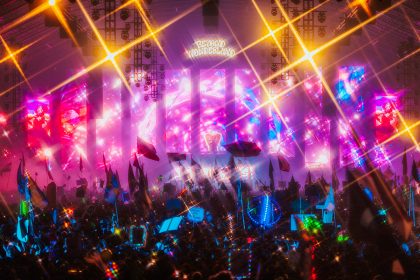Cappa Regime
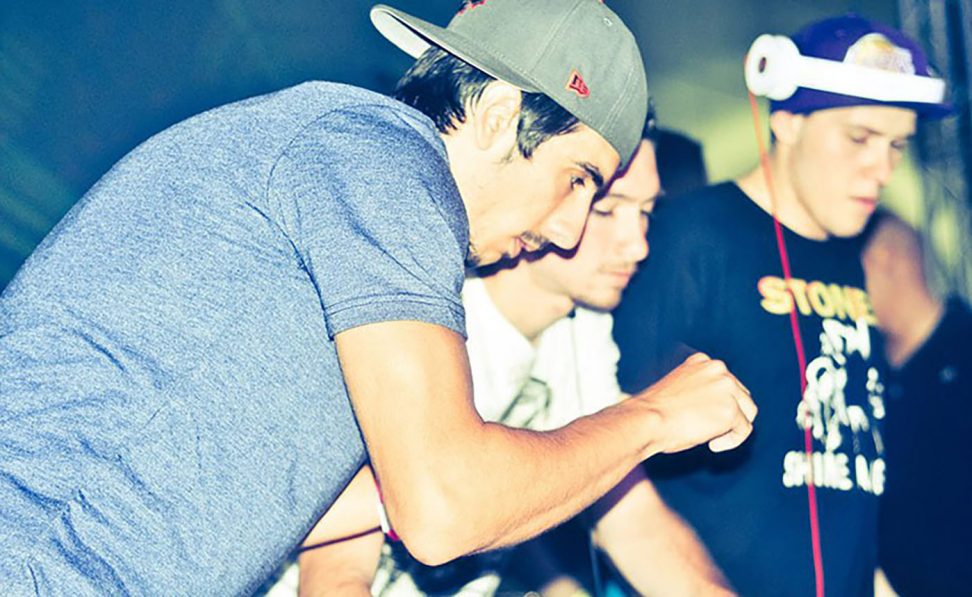
Origin: None
Cappa Regime is a DJ trio composed of Jake Kasheta, Shane Sherzai, and Rob “Electric” Enea. Originally known for their impeccably produce, hard-hitting electro, they are now endeavoring to break out of the “banger” soundscape that EDM has constructed for itself. In the studio, they aren’t confined to a single genre, and channel influences as disparate as The Isley Brothers and E-40. They produce melodic, expectation-defying tracks to keep bodies moving and fresh minds blown. Cappa Regime just finished a West Coast tour culminating in a play at Coachella. Their live show is an energetic tour through many dance genres; as they integrate urban, vintage, and modern electronic dance elements throughout, it has something for everyone. Their most recent EP, The Phunk, was hailed as “flawless” by Techibeats.com, and their track Cali Girls was described as “a feel good anthem… pure joy incarnate, and [representative of] some of the best of what electro is capable of” by House.Net. Not the group to be pigeonholed, they plan on releasing collaborations with Moe Green and Del The Funky Homosapien (one of his first electronic collaborations since his work with Gorillaz).
//
We are Jake Kasheta, Shane Sherzai and Rob Enea, collectively known as Cappa Regime. We’ve each done a ton of other stuff related to the music industry (Jake does festival production, Shane DJ’s independently, Rob produces beats for hip-hop artists), but realized that the combined forces of our powers would be mightier than each of us on our own. We just want to make music that is different, timeless, and dance inducing. Our live show is full of energy, because if we can’t make ourselves dance, how do we expect to make strangers dance? Because we are each musically proficient, we are working on turning our set into a live show, but we’re the kind of guys that want to perfect it before we put it out into the world, so there’s that. Check us the fuck out!
Interview
Home Town: The three of us are from neighboring parts of Northern California. Pleasant Hill and Martinez, just outside of San Francisco.
Currently Living: We all jump around from LA to the Bay Area depending on work, and find ourselves on the road a lot. We are becoming increasingly involved in production projects in LA, and aim to move down there permanently at some point in the near future.
Origin Of Name: It’s a play on the term “caporegime,” which is a mafia term for someone who is in charge of a crew and has high social power. We figure an artist can have the same sort of influence, but in a less lethal context.
Weapon of Choice: Caffeine
Source of Power: Our influences are very broad. Jake loves electro and complextro; artists like Wolfgang Gartner immediately come to mind. Shane grew up on classic rock, and can always be found blasting Jimi Hendrix on the way to and from shows. Rob comes from a hip-hop production background, and has worked with some of the most well known names in the game, like E-40 and Talib Kweli. For a while, our differing influences were a hindrance, because our music would jump from genre to genre, but as of late, we’ve synthesized these influences into a common thread that runs throughout our music, and ultimately they have helped us create a sound that is unique. In the studio we sample stuff ranging from The Isley Brothers to Ke$ha. You’ll definitely pick up on our love for hip-hop with our next EP release.
Was there one particular moment in the recording or mixing process for your Discovery Project entry that made you feel like you were creating something pretty damn special?
We scrapped the song we initially planned on using (or at least postponed the release thereof), and spent 48-hours straight in the studio right before the competition ended. The piece that we ended up submitting was almost like a stream of consciousness type of thing—in that abridged a time period, under that kind of pressure, some really cool stuff can happen. There isn’t enough time to second-guess the premise of the whole piece, the momentum has to always be leaning forward; I don’t think we would have created a track like that under any other circumstances. We ended up submitting it five-minutes before the competition ended—the whole process was pretty surreal.
Are there any dots to connect with where/how you grew up to your musical output?
We definitely come from a more hip-hop oriented culture—I think that will become evident with our next release. People tend to consider EDM as a genre unto itself, but we try to incorporate elements of other genres to see what happens.
What do your parents think of what you are doing?
Mixed feeling, haha. Of course in such a competitive industry there is always concern from the parents, but they see how much effort we’re putting into it, and the validation that is slowly starting to creep in.
What would people be surprised to find out about being a DJ as a profession?
I think that most people would be shocked to find out how many DJs pre-record their sets. We couldn’t count on our collective hands and feet how many times we’ve seen a DJ “ghost” perform. That is something that we are conscious never to do—it takes the artistry out of it. Sure, occasionally we make mistakes, but that’s how you know that the art has been derived from a human. It’s like a band hitting an off note, or singing a little out of key. There is character there, and it takes real work to become proficient.
What is your ultimate career dream?
We wouldn’t mind playing at EDC again, on a slightly larger stage. We’d like to develop a fanbase that enables us to tour constantly, we love being on the road.
How important is it for you to experiment and take on the risk of failure?
Imperative. There is so much competition and so much monotony in the DJ/production market that you really have to challenge yourself to produce something different. I think it was James Barton of Live Nation who said that he doesn’t like producers describing themselves as the next iteration of someone who is already successful, but that they should strive to be the best, most unique artist that they can be. That really resonated with us.
If we pressed Shuffle on your iPod while you went to the bathroom, what would you be embarrassed to come back to us listening to?
“Call Me Maybe,” but we know you’d be enjoying it.
When you look at electronic music and the surrounding culture, what worries you about the future, what do you wish would change?
It has yet to really settle into a business model as far as the dissemination of music goes. There is a generation growing up right now that expects music to be free, and knows how to go about getting it for free online. We try to put all of our music out for free, but it’s tough because booking agents and talent buyers are constantly watching the Beatport charts because it’s the quickest, most accessible, though one of the least reliable ways to see how “important” an artist is—a well funded artist can buy his own album to the top of the charts, and many artists that get there organically see only a very small income from it once everyone takes their cut. The landscape is constantly shifting, and we’re all curious to see what the model evolves into.
How would you describe your sound to a deaf person?
Via sign language, I guess.
What advice would you offer someone thinking about entering the Discovery Project competition?
Be different. Be you. Be self-critical. Make sure that your entry feels right. We were going to submit a song off of our next EP, because it has an awesome hip-hop name attached to it, but felt that it wasn’t the right time to put it out into the world, and wanted to win the competition based on our own merit rather than our feature’s name, so we spent 48-hours in the studio prior to the close of the competition composing something that felt better.
Winning Track:
Winning Mix:

